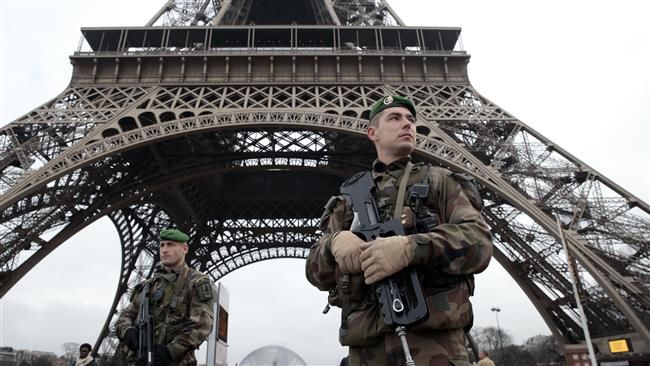
France have passed a new law that allows the state widespread Big Brother style surveillance powers.
The Surveillance Act was first proposed in March following the Charlie Hebdo shootings in Paris, which allows French spy agencies to spy on its citizens without any restrictions or consequence.
Euobserver.com reports:

BYPASS THE CENSORS
Sign up to get unfiltered news delivered straight to your inbox.
You can unsubscribe any time. By subscribing you agree to our Terms of Use
“From now on, France has a security framework against terrorism that respects liberties. It’s decisive progress”, said French prime minister Manuel Valls in a tweet.
Dubbed by opponents as the French Big Brother, the act empowers intelligence agencies – under the authority of the prime minister’s office – to monitor anyone.
Security officials will be able to hack people’s computers as a last resort.
They will be able to use a so-called “IMSI Catcher”, which picks up and records all text messages, phone calls, and Internet communication in a given area. This includes people not suspected of any crime.
Wireless phone taps, hidden cameras and microphones, and forcing Internet providers to monitor suspicious behaviour using special “black boxes” are also in store.
A warrant or any other type of court approval is not needed.
A dedicated special advisory group made up of magistrates, MPs, and senators will instead be consulted.
But the group, named the National Commission for the Control of Intelligence Techniques, can only issue non-binding recommendations.
The French constitutional court, for its part, opposed an article that would have allowed authorities to skip the advisory group in emergency situations.
The court described the article as “manifestly disproportionate to the right to privacy”.
Another setting up an international surveillance scheme was also rejected because the conditions for its use were not well enough defined.
A third, more minor, article dealt with how the advisory group would be funded.
Despite opposition from rights groups and a petition signed by over 100,000 people, MPs passed the bill into law in late June anyway.
French president Francois Hollande then asked the constitutional court to review it.
The act has drawn parallels to the bulk collection of telephone records by the US National Security Agency.
Rights groups in France complain it undermines fundamental rights, widens the scope of extra-judicial surveillance, and lacks any real oversight.
They say stripping away standard judicial oversight opens the door for abuse by the state and may undermine the confidentiality of sources used by journalists and human rights groups.
French advocacy rights group, La Quadrature du Net, also said it is ready to challenge the act at the European Court of Human Rights in Strasbourg.
“Mass surveillance is part of an intolerable and oppressive machine, which is by nature the seed of totalitarianism”, said Jeremie Zimmermann, co-founder of the group.


